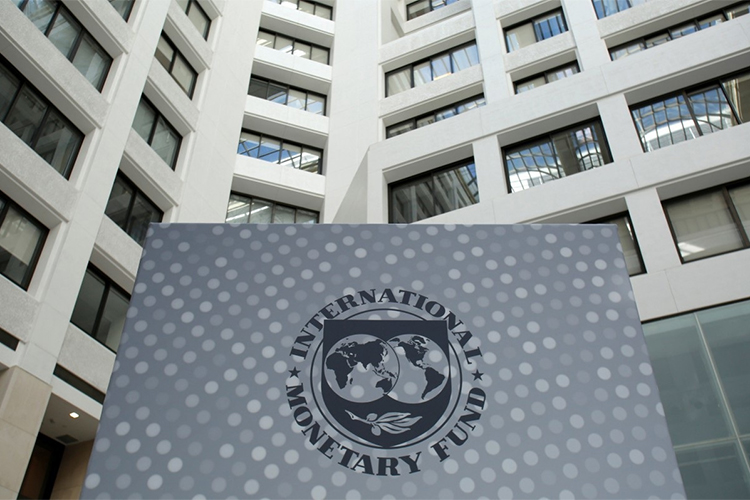IMF Report: Algeria’s New Economic Strategy Carries “Serious Risks”

Within less than two months, the International Monetary Fund has again criticized Algeria’s economic and financial policies. In its latest assessment report on Algeria, the IMF described Algeria’s new economic strategy as carrying “serious risks”, warning that the country’s hard currency reserves were in jeopardy.
However, the most serious of which is the steady erosion of Algeria’s foreign exchange reserves.
The report indicated that the hefty pressure on exchange rates increases with the possibility of a significant curtailment in the exchange rate and thereby it hikes the demand for hard currency at the informal or black market in Algeria.
The IMF believes that Algeria’s production is weak, its flexibility is low, and that the injection of fresh liquidity, through the unconventional funding mechanism, is expected to stoke demand for imports.
The report also asserted that the response to this demand will depend on the effectiveness of new trade barriers.
In withstanding the adverse effects of the balance of payments, the ensuing tensions could lead to a larger slump in hard currency reserves, thus feeding more inflation and further eroding the citizens’ purchasing power.
The IMF pointed out that the Algerian Government had resorted to structural reforms and had announced measures to improve the business climate, but considered that such measures might be insufficient in the light of the risks posed by the use of unconventional funding in an environment in which external risks might lead to a downward revision of expectations.
It warned to this effect that the new economic strategy will exacerbate imbalances in the overall economy and may spark off social tensions.
The report added that the imbalances in the balance of payments and the need for imports will inevitably lead to a drop in exchange reserves, which will put pressure on the exchange rate that is swiftly going up.
If these undue pressures persist, it said, they may result in an uncontrolled exchange rate adjustment with a big depreciation of the Algerian currency the Dinar.
According to the latest IMF report, unconventional funding will represent the equivalent of 23 percent of last year’s gross domestic product (GDP) by 2017, confirming the recent data issued by the Bank of Algeria.
The liberalization of imports against the imposition of heavy customs duties of up to 200 percent, puts Algeria at great risk in terms of higher inflation, the report noted.
The IMF also warned that the Algerian Government’s economic choices might complicate macroeconomic management, hinder growth and exacerbate downturn risks by affecting medium-term financial stability.
Contrary to popular trends in Algeria, the IMF believes there is a range of remedial solutions in Algeria. The potential exploitation of shale gas and oil would improve expectations in the medium term, although there is a risk of serious risks quickly, especially if oil prices are lower than expectations.
For the IMF, there are other salutary economic policies that Algeria can follow, including gradual streamlining of public spending, the use of a wide range of financing methods, a gradual reduction of the exchange rate, and an independent monetary policy aimed at reigning in inflation.








